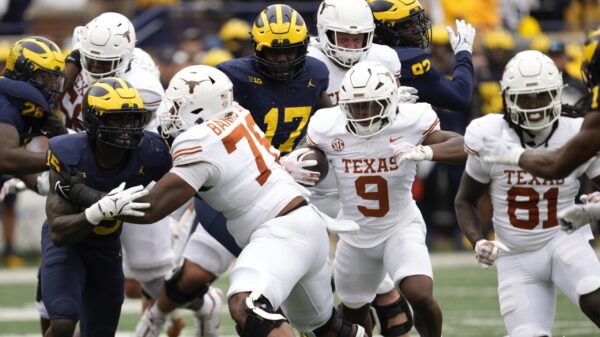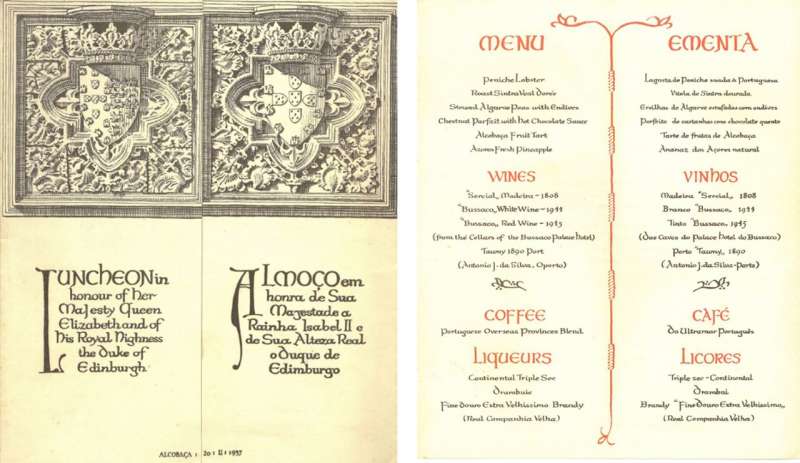Food has long been more than a means of sustenance; it serves as a diplomatic tool, influencing political alliances and cultural understanding. A recent study from Portugal analyzed menus from diplomatic dinners and state banquets spanning the 20th and 21st centuries. The research highlights how meals not only reflect but also shape Portuguese foreign policy and geopolitical dynamics.
According to the findings published in Frontiers in Political Science, researchers examined menus from 457 diplomatic meals held between 1910 and 2023. The study reveals that while no clear culinary strategy was consistently employed, distinct trends emerged during various historical periods. The first half of the 20th century, for instance, was characterized by extravagant nine or ten-course meals featuring French cuisine. However, as the century progressed, Portuguese products began to gain prominence, particularly during the Estado Novo dictatorship from the late 1950s to early 1960s.
Food as a Diplomatic Language
Óscar Cabral, the lead researcher and a gastronomic sciences expert at the Basque Culinary Center, emphasized the role of food in diplomatic contexts, stating, “Those meals play a significant role as diplomatic institutions in the execution and continuity of Portuguese foreign policy.” He noted that menus can be intentionally crafted to convey political messages. For example, at the recent COP25 summit in Madrid, dishes were given names such as “Warm seas. Eating imbalance” to highlight climate change issues.
The study reveals a significant turning point during the Estado Novo period, when a shift towards showcasing Portuguese products aligned with a growing sense of national identity emerged. This culinary nationalism was exemplified in a 1957 regional lunch for Queen Elizabeth II, which featured lobster and fruit tarts sourced from Portuguese regions, aiming to convey a sense of territorial pride.
As the 1960s and 70s unfolded, diplomatic meals began to showcase rare and exclusive ingredients. Notable examples include turtle soup served to Prince Philip in 1973 and trout from the Azores presented to the American and French presidents in 1971. However, during economic and energy crises, menus sometimes reverted to showcasing more typical Portuguese products due to sourcing difficulties.
Cultural Ties and Strategic Messaging
The research identified five key functions of diplomatic meals: tactical meals related to territorial negotiations, geopolitical meals for reaffirming alliances, economic diplomacy meals aimed at enhancing commercial relations, and cultural proximity meals designed to strengthen ties with countries sharing Portuguese culture. Cabral noted, “When strengthening these ties, menus intentionally feature products closely tied to a shared national gastronomy, like Cozido à Portuguesa or codfish recipes.”
This study underscores the importance of integrating gastronomy into national strategic efforts. By highlighting Portuguese cuisine, language, and traditions, the country can better shape global perceptions of its culture. “Our study illustrates how national cuisines can be strategically used to strengthen a country’s global standing,” Cabral stated.
While the research provides valuable insights, it acknowledges limitations due to the availability of archival materials from certain historical periods. Future investigations could explore seemingly contradictory menu choices, such as the roast beef served to the Indian president in 1990. An intriguing example noted by Cabral is the Consommé de presunto de Barrancos, a thin soup made with cured ham, served to King Felipe VI of Spain in 2016. This dish, combining elements from both Portuguese and Spanish culinary traditions, exemplifies the complex cultural identity challenges faced by nations.
In conclusion, the study reveals how menus do more than simply satisfy hunger; they serve as a powerful means of communication in the realm of international relations, offering a unique lens through which to examine the intersection of food, culture, and diplomacy.








































































